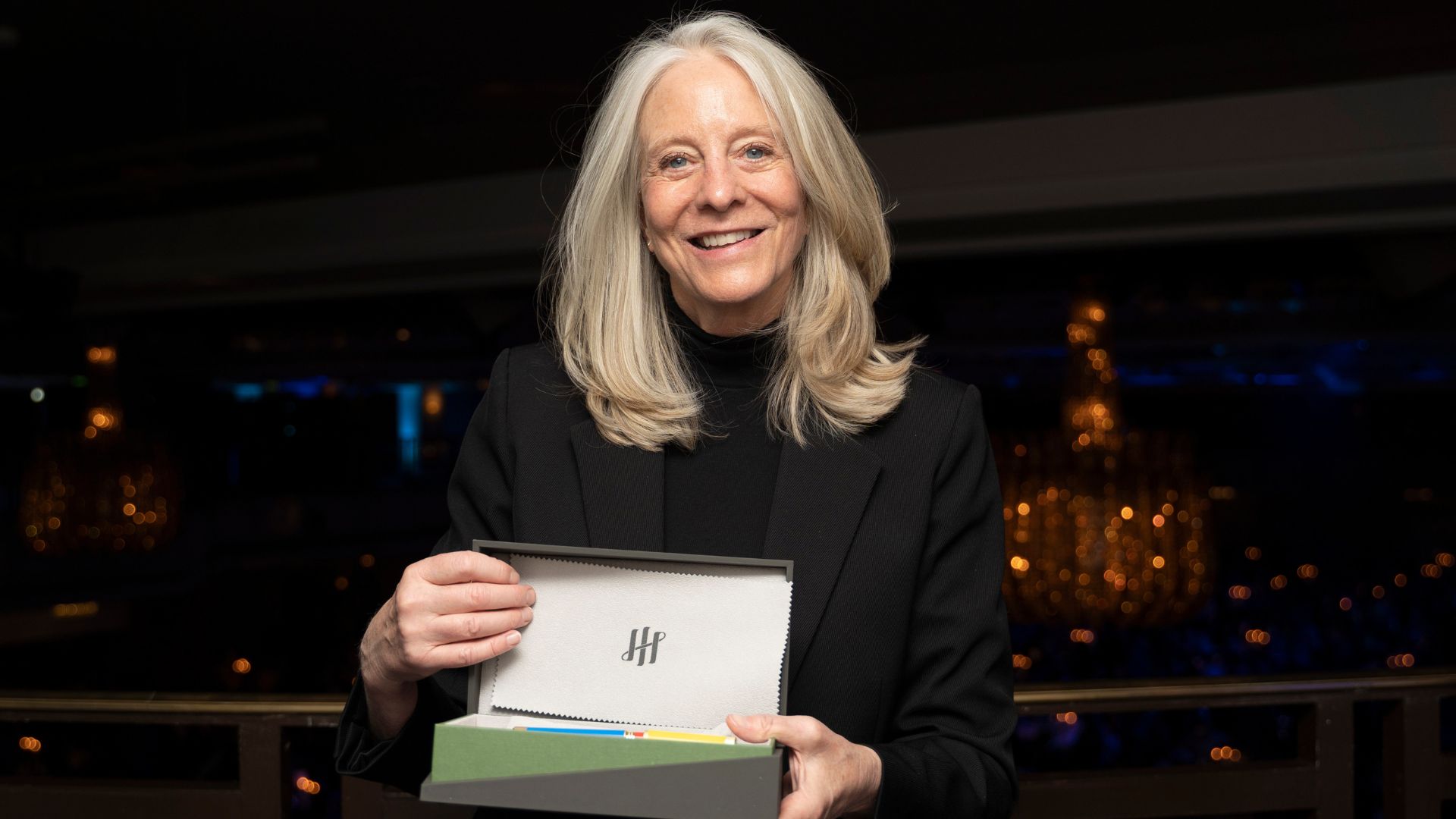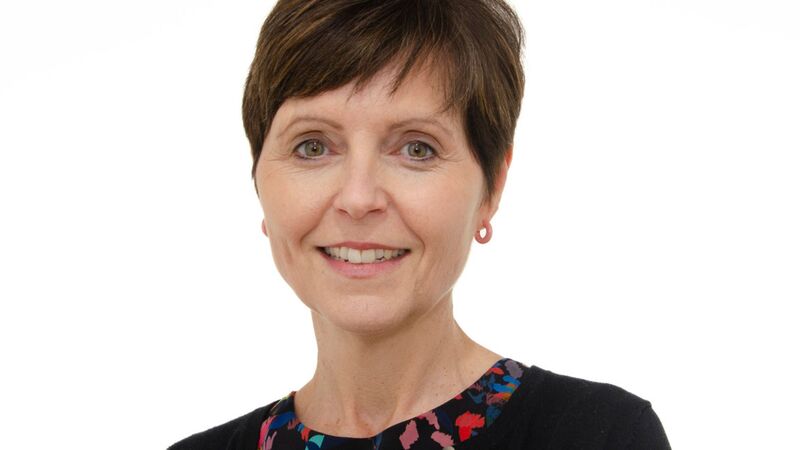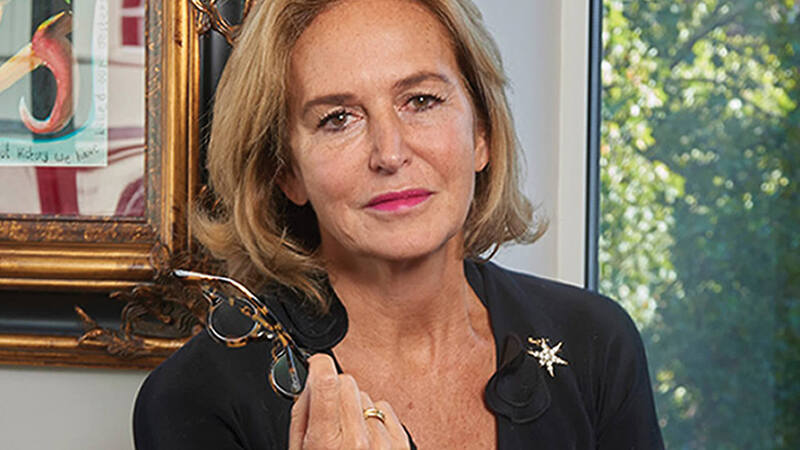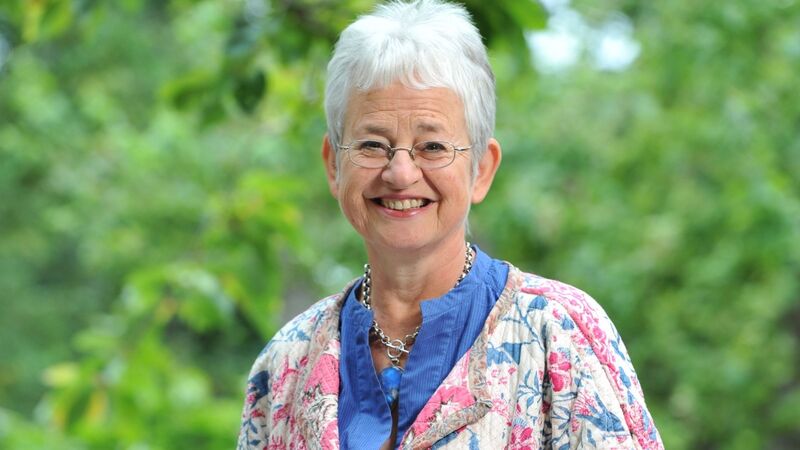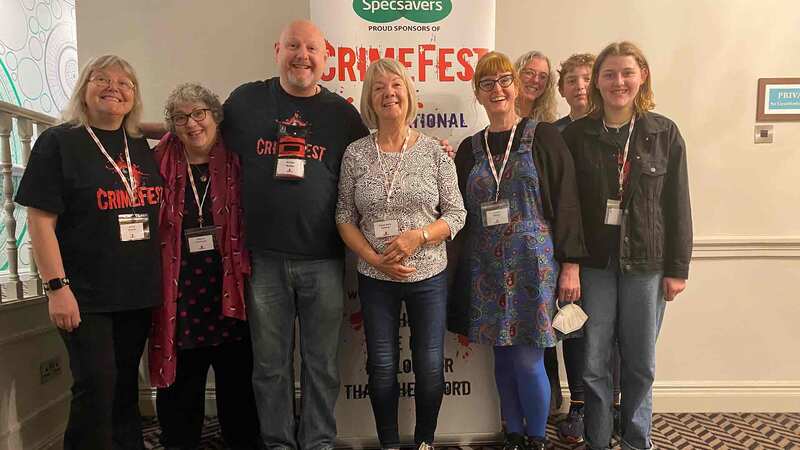You are viewing your 1 free article this month. Login to read more articles.
Science centre stage at PA Summer Reception as Garmus champions publishing
Publishers Association (PA) president Antonia Seymour, c.e.o. of IOP Publishing, emphasised the “importance of diversity amongst the research community” in ensuring the UK becomes a science superpower at the organisation’s latest Summer Reception (21st June), drawing a link between themes in Lessons in Chemistry by Bonnie Garmus, who also spoke at the event, and issues the PA hopes to tackle.
Speaking to a packed audience of publishers at the House of Commons, Seymour said many of the issues raised in the book, published by Transworld in 2022, “are still very prevalent in today’s society”, such as women, ethnic minorities, people with disabilities and those from disadvantaged backgrounds being “underrepresented in education and employment".
She said: “That importance of diversity among the research community has been acknowledged by the UKRI [UK Research and Innovation] chief executive, Dame Ottoline Leyser, who says you have to have people with different ideas and different backgrounds coming together to create the kind of environment where extraordinary things happen. And the British Science Association agrees: Britain cannot be a science and technology superpower if parts of society are not welcomed and able to contribute to science research and innovation."
Seymour, who was named president of the PA in April, succeeding Bloomsbury c.e.o. and founder Nigel Newton, added that it was vital publishers “promote the publishing industry as an exciting, creative, vital, and increasingly open sector” and that “whether you’re an SME consumer publisher, specialising in literary fiction, or an education publisher, driving education solutions for the nation’s learners, or an academic publisher, like me, we all know how valuable the publishing process is. Publishing brings ideas and stories to life.”
She added: “We support content discovery in a world of infinite noise. And we invest for the long term, the new talents and alternative voices to grow and expand readership. Very importantly, we also defend and promote freedom of speech and freedom to publish [and] we have a key role in driving job creation in the years to come.”
In her speech, Garmus, who won the Author of the Year award at the British Book Awards 2023 and whose book’s protagonist is the fictional scientist Elizabeth Zott, thanked her school librarian, who “seemed to know at that time, despite the fact that MRIs had not been invented yet, that shutting up and reading is one of the most important things you can do for your brain, for its growth and its health.”
Praising publishing, she said: “Reading [is] literally one of the smartest things you can do, not only for yourself, but for the next generation, those people are going to be taking care of you and making decisions for you in your old age. And at the centre of this very smart thing, the thing that holds this key to who we are and who we might become is one industry: publishing.”
Garmus also thanked the “great team of publishing people” who brought Lessons in Chemistry “into the light”, transforming “what was once just a Word doc, into an actual object of art, one that got noticed in bookstores, talked about on the radio, or purchased after reading a review. And then those readers told other readers.”
She added: “When a book takes off, it’s because it strikes a chord in our common humanity. In turn, those people speak to each other, which is something that in our fractured society we can’t take for granted. That’s what publishing does.”
Dan Conway, chief executive of the PA, thanked the parliamentarians in the room for “all the support that you’ve given us this year on all of our key publishing issues, be that generative AI and regulation around that or digital markets and creative skills. We just couldn’t do what we do without your support", while MP Andrew Lewer, chairman of the all-party group for publishing, said publishers had had a “particularly big impact on politics in the last 12 months”.
“Education publishers have helped drive England to fourth place in the world rankings for literacy. Academic and higher and further education publishers are working with universities and research organisations on the government’s plan to make the UK science superpower. The publishing all-party parliamentary group, which the Publishers Association is good enough to support, has also grown this year,” he said.
“We’ve tried to hold the government to account over some problems that we’ve got with the Oak National Academy as a concept, as well [and] we’re delighted to see that that roundtable work has contributed some real changes, with amendments to the Economic Crime & Corporate Transparency Bill to try and bring an end to SLAPPs [Strategic Lawsuits Against Public Participation] in particular.”
This morning (22nd June) the PA also published its response to the government’s AI consultation, which stressed that intellectual property (IP) needs to be at the centre of AI regulatory thinking. "It is imperative that AI LLMs adhere to existing law, are transparent about any copyrighted content ingested, and seek to license that content from the rightsholder in the normal way. Investing in reputable data will build better systems, which in turn will help to fulfil the government’s welcome commitment to transparency, accountability and safety", Conway said.
“Today is only the beginning of working out how the publishing sector can respond to this transformative technological advancement and we look forward to working with our AI taskforce members and those in the wider publishing and book sector to make sure that we get this right.”





